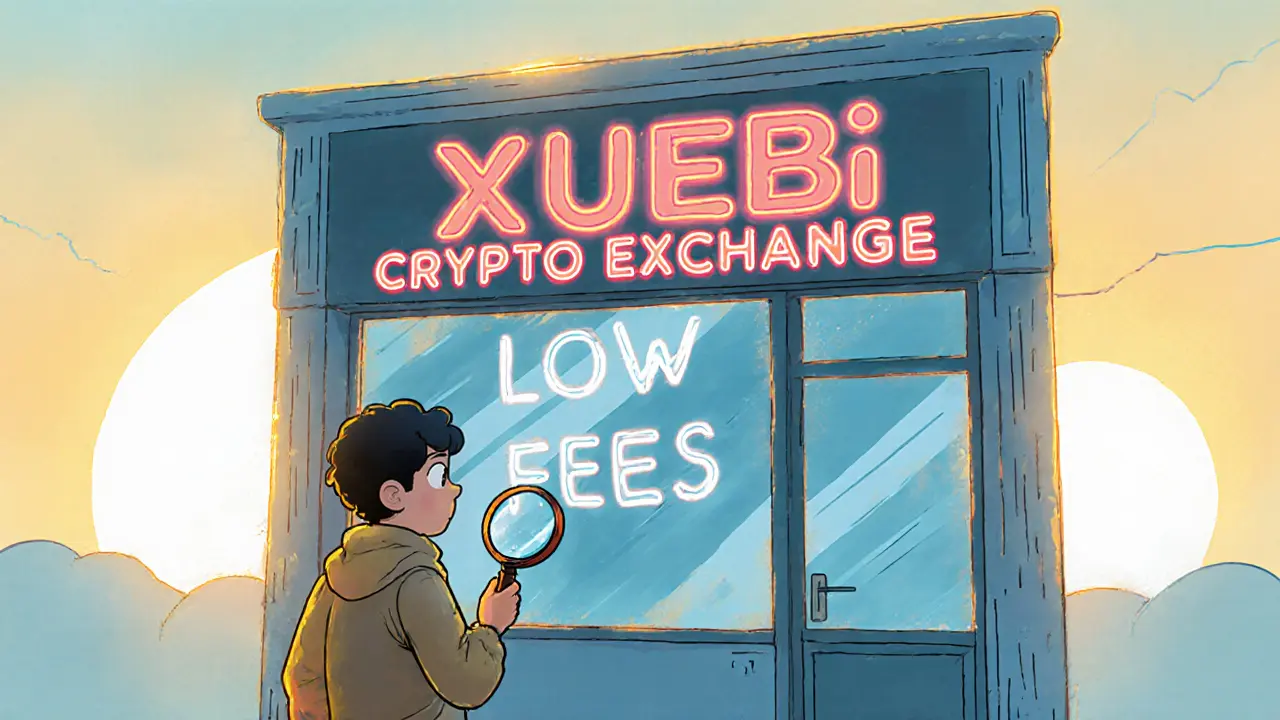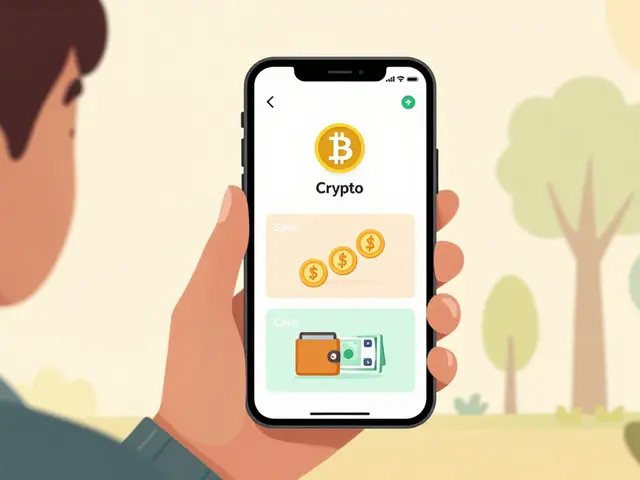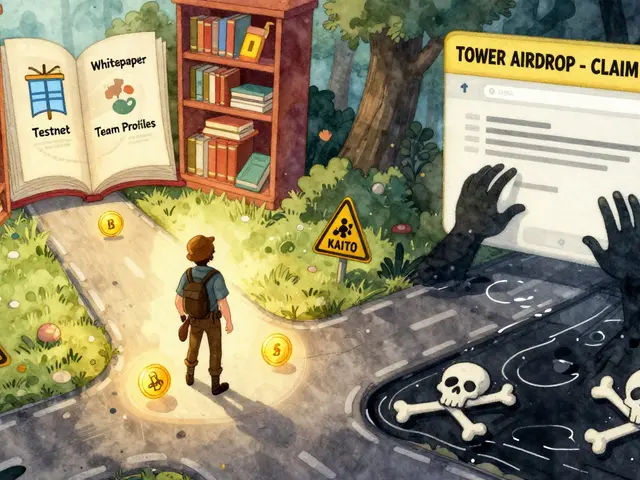Unregulated Exchange: What You Need to Know
When dealing with unregulated exchange, a trading platform that operates without official licensing or oversight. Also known as non‑licensed crypto exchange, it often skips KYC, AML and consumer protections. This lack of regulatory compliance, the set of rules that require exchanges to register, report, and enforce anti‑money‑laundering checks means users have little recourse if something goes wrong. In practice, an unregulated exchange does not hold reserve audits, does not publish proof of solvency, and frequently operates in legal gray zones. As a result, the platform can become a hotspot for fraud, price manipulation, and sudden shutdowns, leaving traders with frozen assets and no way to recover them.
Another key player in this landscape is the crypto exchange, any online service that lets users buy, sell, or swap digital assets. While many exchanges are fully licensed and subject to financial regulators, a growing number operate without any formal approval, blurring the line between legitimate services and scams. These platforms often tout ultra‑low fees or exclusive token offerings to lure users, but they also typically lack robust security audits. The absence of exchange licensing, the legal permission granted by a jurisdiction’s financial authority means there’s no watchdog to enforce transparency or protect consumer funds.
How to Spot and Avoid Dangerous Platforms
Identifying an unregulated exchange starts with a few simple checks. First, search for a licensing number or registration with a known authority such as the FCA, FinCEN, or the MAS. If the platform can’t provide this, treat it as a warning sign. Second, examine its KYC process, the identity verification step required to comply with anti‑money‑laundering laws. A platform that skips KYC may be trying to stay off the radar, which often correlates with higher scam risk. Third, look for third‑party audits or proof‑of‑reserves; reputable exchanges publish these regularly, while unregulated ones rarely do.
Beyond checking credentials, consider the broader ecosystem. An unregulated exchange can affect market stability by enabling wash trading, inflating volumes, and creating artificial price spikes. These actions can mislead other traders and even impact token projects that rely on genuine liquidity. If you’re interested in decentralized finance, remember that a decentralized exchange (DEX) bypasses central control but still operates on smart contracts—its security depends on code audits, not licensing. In contrast, a centralized unregulated exchange mixes the risks of both worlds: it holds user funds custodially without oversight and often lacks transparent smart‑contract safeguards.
Below you’ll find a curated list of articles that dive deeper into these topics—ranging from a detailed review of the high‑risk BITCOINBING platform to guides on how VPNs are used in restrictive regions, and analyses of energy‑intensive mining bans that push miners toward questionable exchanges. Each piece equips you with concrete data, real‑world examples, and actionable steps so you can navigate the crypto landscape with confidence.
XueBi Crypto Exchange Review 2025 - Risks, Fees & Alternatives
A detailed, unbiased review of XueBi Crypto Exchange covering assets, security, fees, user experience, and how it compares to top platforms in 2025.





